What We Know about the Poet
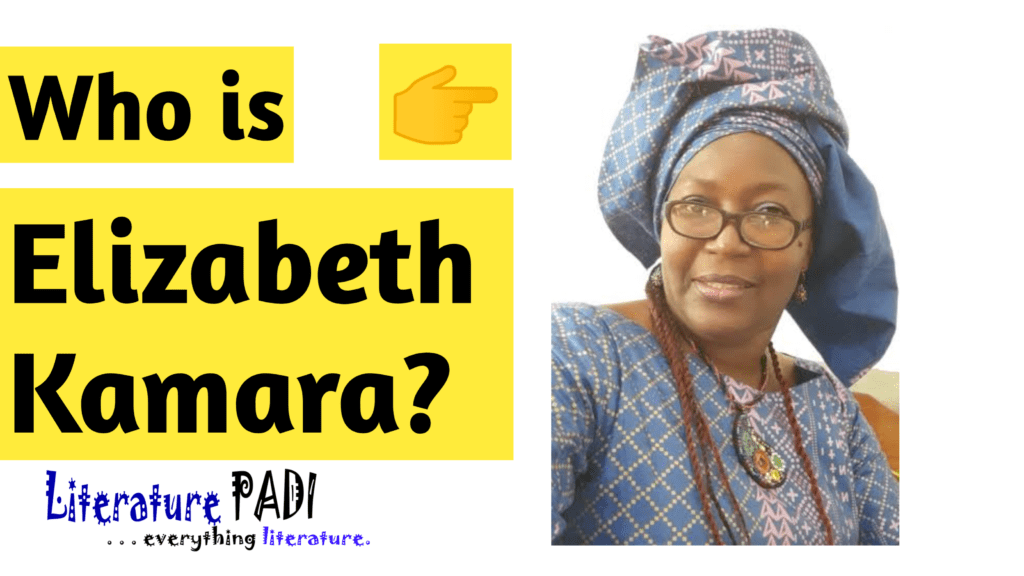
Elizabeth Lucy Alberta Kamara is a Sierra Leonean educator, writer, and poet. She was raised in the east end of Freetown. She received her early education at Kamara Holy Trinity Primary School and Annie Walsh Memorial School before pursuing her academic journey at Fourah Bay College. Currently, she holds the esteemed position of Literature in English lecturer within the Department of Language Studies at the college and has ascended to the role of Head of the English Unit.
As a writer, Elizabeth Kamara has three poetry collections to her credit. They are “Distilled,” “To Cross for a Daughter,” and “Stolen Laughter.” Her third poetry collection, “Stolen Laughter,” navigates through the realms of injustice, from the harrowing experiences of abused children to the streets of Minneapolis, where the plight of individuals like George Floyd is starkly depicted. Some of her works have been translated into Spanish and Greek. “New Tongue” is one of the numerous poems in her “To Cross for a Daughter and other Poems.”
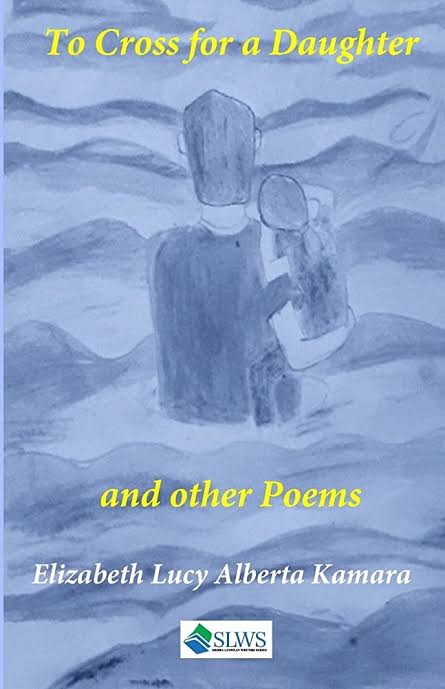
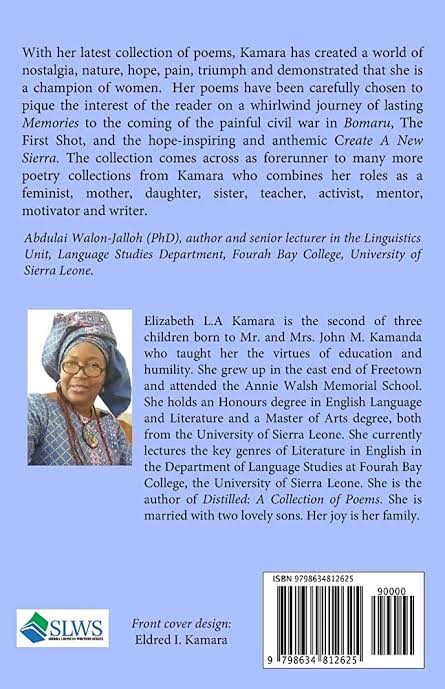
Elizabeth Kamara’s influence extends beyond her written works, as she has contributed to various national and international publications, which include African Literature Today and In the Belly of the Lion.
Kamara is the founder and coordinator of the Poetry Reading Club at Fourah Bay College. She is an active member of prestigious associations like the African Literature Association, the Sierra Leone Writers Guild, the World Poetry Movement, and the Conservation Society of Sierra Leone. Her dedication and excellence in academia were recently recognised when she was honoured as the Lecturer of the Year for the 2021/22 academic year at Fourah Bay College.
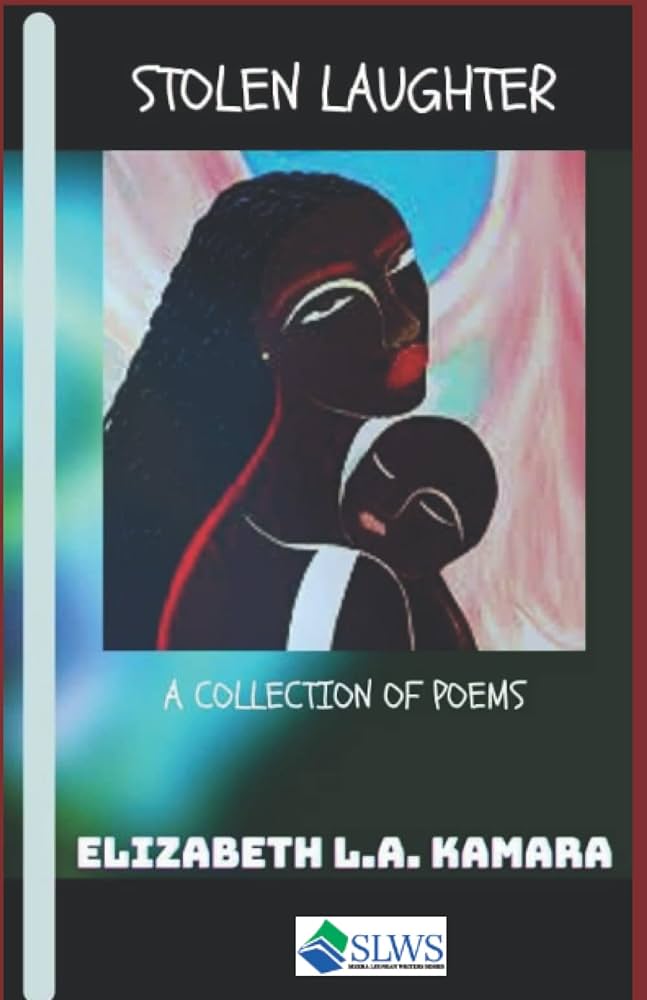
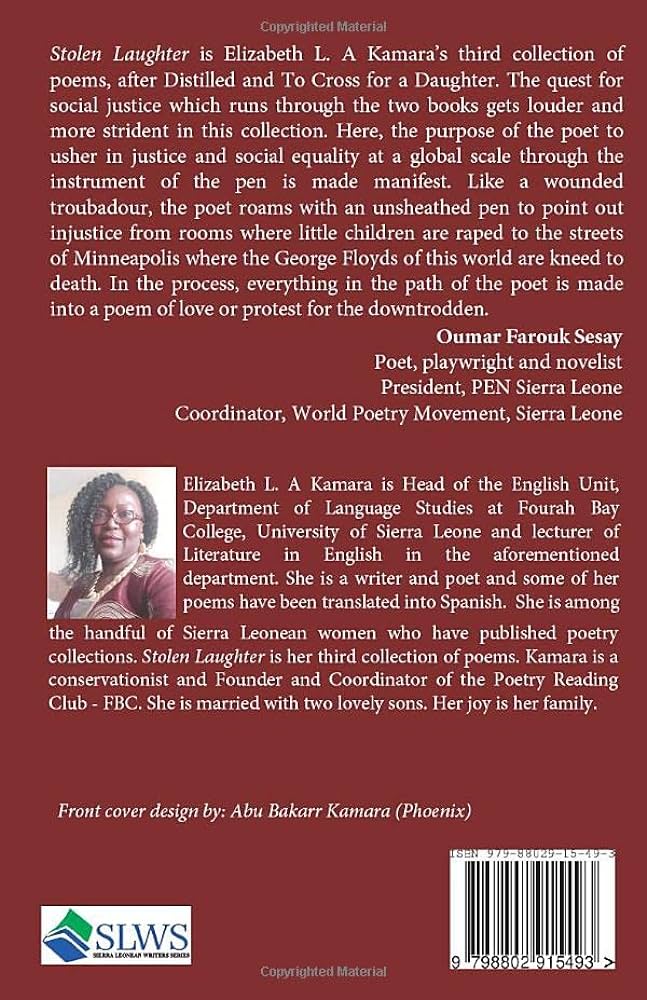
Analysis of “New Tongue”
“New Tongue” by Elizabeth L. A. Kamara is a forty-six-line poem that laments the neglect of African culture and tradition in the embrace of conveniently woke foreign values. The poem mourns the total detachment from tradition by a young generation of Africans as they adopt “borrowed” practices and confine the ashes of their own cultural practices “into the bottomless sea.”
For proper context, it is imperative for us to begin our examination with the title of the poem. “New tongue,” as used in the context of the poem, is a metonymy for a new language.
For centuries, Africans had maintained interactions with people of different shades from Europe and Asia. These uneven relations spanned the period of slavery, when both her human and economic resources were carted away; the period of colonialism, when artificial borders were created across Africa by Europeans who had no business governing Africa; to the period of neo-colonialism, when the direction Africa takes is heavily dependent on where Europe moves. All through these three phases of interactions, Europeans and Arabians left their indelible marks in terms of their cultural legacy, religions, and languages. These imprints have led to cultural disruptions that still influence the continent today.
For one, the linguistic identities of most African countries have shifted to those of their colonial masters. In anglophone countries like Nigeria, Ghana, and Sierra Leone, the official language is English. In francophone countries like Senegal, Ivory Coast, and the Democratic Republic of the Congo, French is the official language. And in lusophone countries, like Angola, Mozambique, and Guinea-Bissau, the official language is the Portuguese language. In each instance, the official language is the language of administration, education, law, commerce, media, and literature.
As we shall find out later in our interpretation of the poem, “New Tongue” is not essentially about language change but about the cultural shift it brings with it. We try so hard to be like the Europeans in mannerisms, dressings, and ideologies. To paraphrase Sidi’s descriptions of Lakunle in Wole Soyinka’s The Lion and the Jewel, “We are dressed like them. We look like them. We speak their tongue. We think like them. We’re just as clumsy in our foreign ways–we’ll do for them!” As a result, there is transposition of European realities over the African value system. This cultural switch is the overriding message in Elizabeth L. A. Kamara’s “New Tongue.”
The language used in the poem emphasises the disregard for old ways, the breaking away of ties in family and friendship, and the nonchalance towards the loss of heritage. The imagery of “ashes strewn into the bottomless sea/as fishes swim by/careless of the loss” points to the indifference of the new generation of Africans to their past.
This group of Africans has deliberately distanced themselves from their traditions. They have rejected the place of elders in society. They have also blocked their ears to the old ways. They instead celebrate a borrowed culture and enjoy the status of being wannabes of another man’s culture. They preach individualism in place of collectivism, which, of course, defines many African communities. They “hang the last lock on their culture” in order not to be tagged uncivilised and backward.
“New Tongue” undeniably calls our attention to how we have superimposed Western (or, to be less specific, non-African) values over our own values and how we have come to identify with values that consequently place ours in the backwaters of history.
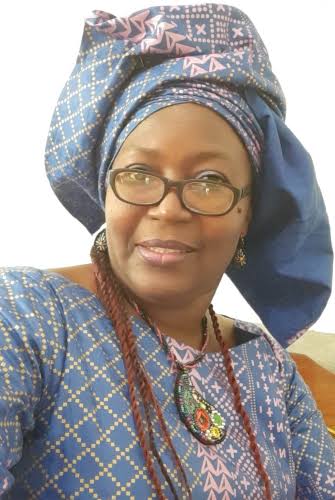
Stanza by Stanza Analysis
Structurally, “New Tongue” is a free verse poem with five uneven stanzas. Stanza one has thirteen lines; stanza two has eleven lines; stanza three has five lines; stanza four has twelve lines; and stanza five is made up of five lines.
Stanza One
The opening stanza introduces us to the adoption of a new language and culture. The third-person plural pronoun “they” used in this stanza refers to a new generation of Africans. There is a cultural shift in this generation. This assertion is corroborated by the repetition of the word “new” four times in this stanza: “speak in new tongue,” “dance new dances,” “battered into new modes and shapes,” and “revel in the wonder of the new.” This suggests a total assimilation into a new culture: “Minds battered into new modes and shapes.”
As evident in the lines in this stanza, these Africans are deeply fascinated by the adopted culture: “their eyes revel in the wonder of the new.” But at what price does this strong attachment to the new culture come? The breaking of familial and friendship ties. This is symbolised by the metaphorical burning and scattering of ashes in the sea. They dismiss their African heritage, otherwise called “old songs,” as “disregarded dreams,” “remnants of a past” they don’t want to identify with.
In other words, the younger generation embraces the novelty of a foreign culture and language with unwavering commitment while it disregards, discards, and forgets the traditions of the older generation. Consequently, ties of family and friendship weaken and break.
Stanza Two
The second stanza goes on to describe the new generation as careless and uninterested in traditional bonds, family, and heritage. They show no regard for old bonds and values. They also do not “revere the old.”
If there was anything many African communities of the past were known for, it was close-knit families and respect for elders. In the Yoruba land where I come from, family bonds, otherwise known as okùn ìbí, were very strong and important. There is even a Yoruba saying that “ẹnìkan ní bí’mọ, igba èèyàn ní wò ó,” which literally translates as “it is one person that gives birth to a child; it is the entire community that takes care of it.” In other words, the child has for parents in the other members of the community. Besides, one of the core values of an ọmọlúàbí is respect for elders. This is exactly what is lacking in the new generation portrayed in Kamara’s “New Tongue.”
Instead of the collectivism the older generation was known for, the younger Africans only focus solely on themselves and their individual pursuits: “their minds turn inwards/only inwards.”
Stanza Three
The older generation finds no place in the minds of the young: “No room for elders.” This stanza depicts the exclusion of elders from the new generation’s thoughts. Their blocking of ears to the old tongue and ways is indicative of their deliberate refusal to acknowledge or consider traditional wisdom.
Stanza Four
The fourth stanza of the poem focuses on how the new generation embraces “borrowed tongue and culture.” In this state, these Africans go about flaunting their acquired foreign languages and cultures as the benchmarks of wokeness and civilization.
The stanza also conveys the individualistic nature of the new generation in “every man/for himself/by himself/of himself.” This individualism is antithetical to the communal mantra of “all for one, and one for all” that early African communities identified with, which allowed for the accountability of their members.
I have stated the case of Yoruba people in my interpretation of stanza two. In South Africa, this collectivism is identified as the Ubuntu philosophy. Ubuntu, sometimes translated as “I am because we are,” is an African value system that is founded on the interconnectedness of individuals with their societies.
It is this collectivism that the new generation chooses to discard and go all out for individualism, as it fits their cultural aspirations.
The stanza employs vivid imagery to convey a sense of detachment and emotional coldness associated with the cultural shift. The imagery of a snowy mountain and “a rainy July day” evokes a feeling of isolation and upheaval caused by the cultural changes.
Lines 38 to 41 also use vivid imagery and dynamic verbs to depict the disruptive and forceful nature of cultural change, where “gusts of wind” may be seen as new cultural practices uprooting an established order: “Gusts of wind falling trees/Carting roofs away/Tugging skirts/And swirling debris in the air.”
Stanza Five
The poem concludes with the new generation exuding their adopted culture: “their borrowed shoes dance.” The poet then alludes to the parting of the red sea by Moses; only in this case, it presents the new generation the opportunity to bury the ways of their forebears.
The mention of parting the red sea and hanging “the last lock on their culture” suggests a final erasure of their cultural heritage and an irreversible move into a future that has no ties with the past. It can be interpreted to mean the finality of this cultural shift. The past is thus cast aside like an ancient burden, a necessary sacrifice for proper assimilation into a new, foreign culture.
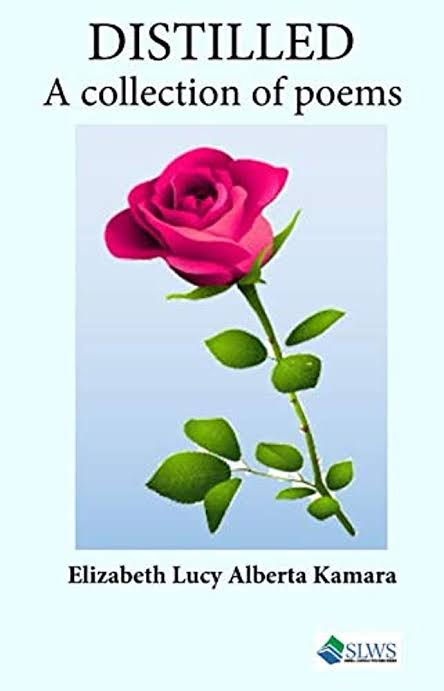
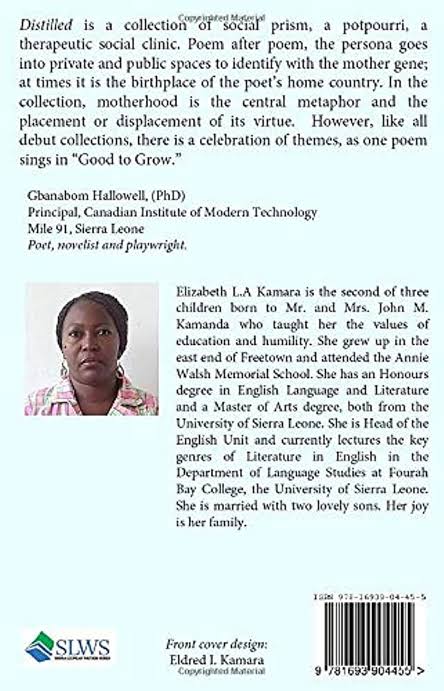
Figures of Speech in “New Tongue”
Metonymy
“new tongue” (l. 1) “old tongue” (l. 28) “borrowed shoes” (l. 42)
Repetition
There is repetition of words and phrases like “new,” “old,” “careless,” “borrowed,” and “new tongue” in the poem.
Synecdoche
“Their eyes revel in the wonder of the new” (l. 4)
Simile
(l. 21-24) “Their minds turn inwards . . . Like the insides of clothes That marry the bodies of mankind” (l. 30) “Glorying in their new newness like a child with a new toy” (l. 35 and 36) “A strange coldness descending like snow-covered mountain” “Or like bathing at the back of the house . . .”
Symbolism
“The ashes strewn into the bottomless sea” (l. 10)
The ashes symbolise the remnants of the past, discarded and lost, and the bottomless sea represents the vastness of the cultural shift.
Hyperbole
“Embraced and bound to hearts with impregnable chains” (l. 5)
Alliteration
“dance new dances” (l. 2) “minds . . . modes” (l. 3) “disregarded dreams” (l. 6) “family and friendship” (l. 8) “marry . . . mankind” (l. 24) “bathing . . . back” (l. 36) “last lock” (l. 44)
Allusion
There is an historical allusion in lines 31 to 34 where the poet rehashes Abraham Lincoln’s historic definition of democracy (as the government of the people, by the people, and for the people) to suit her projection of individualism and the new culture as “every man/for himself/by himself/of himself.”
There is also a biblical allusion in line 43 of the poem, where the poet makes reference to the exodus of Israelites from Egypt led by Moses, who miraculously parted the Red Sea on their way out of slavery in Egypt. This biblical reference metaphorically depicts the significant division between the old and new generations, mirroring the Israelites’ parting of the Red Sea to escape their past.
Parallelism
(l. 16-18) “Of family Of tradition Of heritage” (l. 32-34) “For himself By himself Of himself”
Personification
(l. 23-24) “. . . the insides of clothes That marry the bodies of mankind”
Pun
“new newness” (l. 30)
Mood
The mood of the “New Tongue” is a mixture of nostalgia, lamentation, and a sense of detachment. There’s an indication of sadness and loss in the poem as the speaker describes the abandonment of old traditions, family ties, and cultural heritage. The speaker reflects on a generation that has embraced a “new tongue” and severed connections with the past.
Tone
The tone of the poem is critical and observant. The speaker seems to disapprove of the new generation’s rejection of their heritage and traditions. There’s a sense of disapproval in the lines that describe the rejection of the “old tongue” and the disregard for family, tradition, and heritage. The tone is almost accusatory.
Words like “battered,” “impregnable chains,” and “borrowed” show a negative view of the new cultural influences. The use of words like “careless,” “blocked,” and “glorying in their new newness” also conveys a sense of criticism and concern for the cultural shifts described in the poem.
Also in Similar Categories:
- Poem: “New Tongue” by Elizabeth L. A. Kamara
- Themes in Elizabeth L. A. Kamara’s “New Tongue”
- Content Analysis of Niyi Osundare’s “Not My Business”
- Themes in Niyi Osundare’s “Not My Business”
- Analysis of Syl Cheney-Coker’s “The Breasts of the Sea”
- 2026—2030 Recommended Literature Texts For WAEC and NECO SSCE
 WHATSAPP: Click HERE to join the new Literature PADI WhatsApp group to receive latest updates on your phone and for further literary discussions!
WHATSAPP: Click HERE to join the new Literature PADI WhatsApp group to receive latest updates on your phone and for further literary discussions!

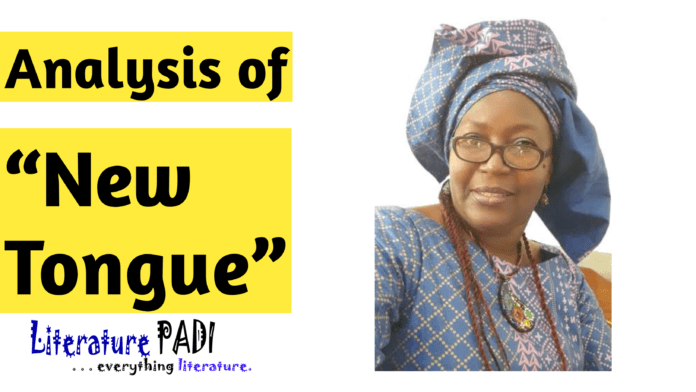



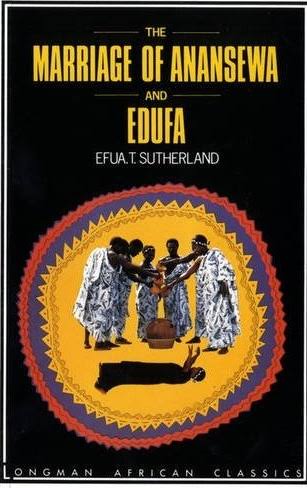





I love your poems
Comments are closed.